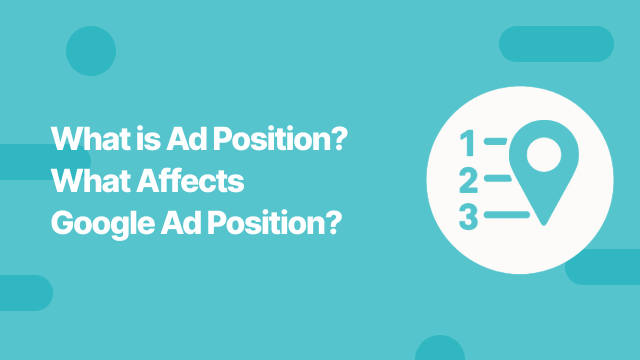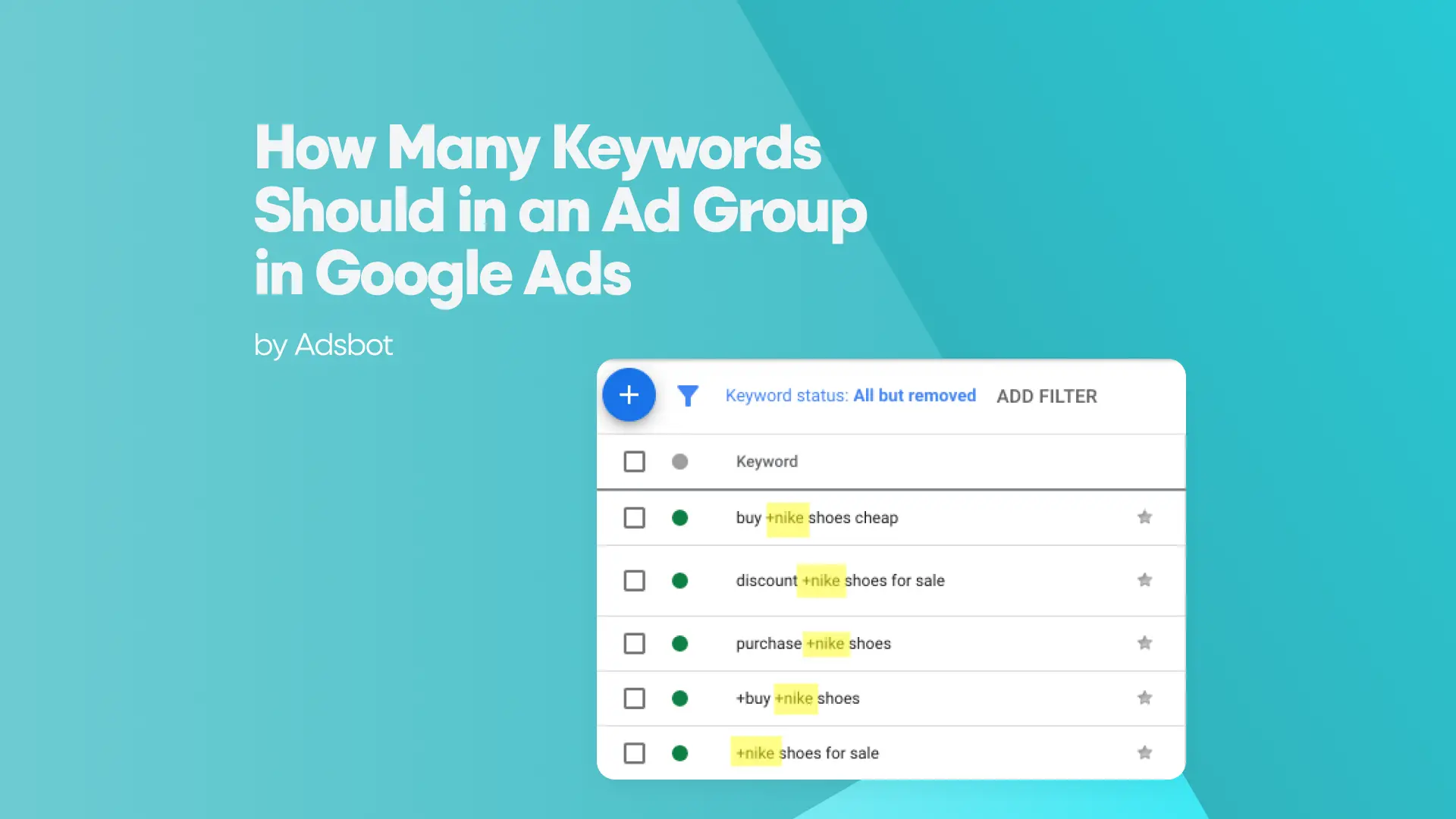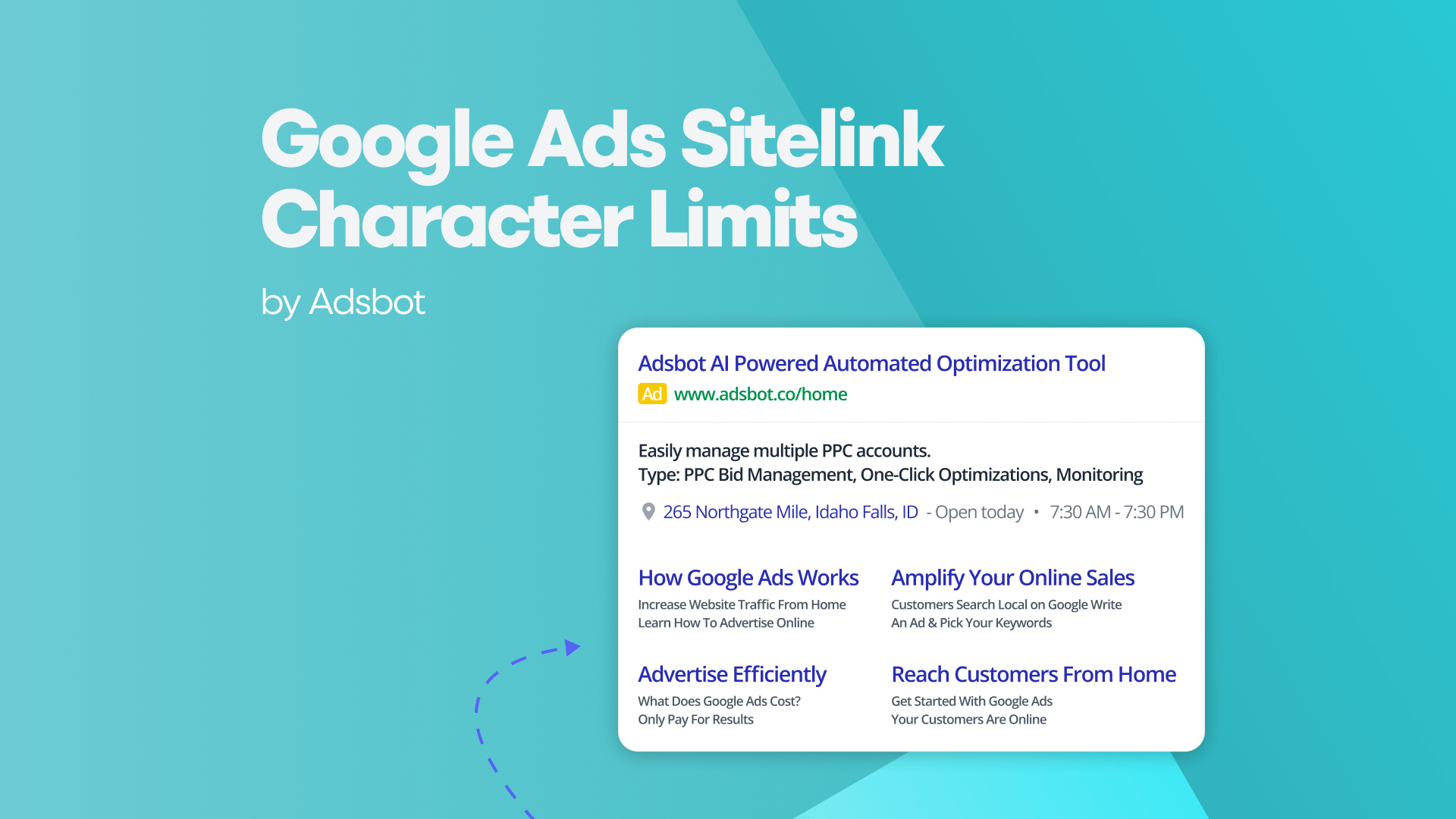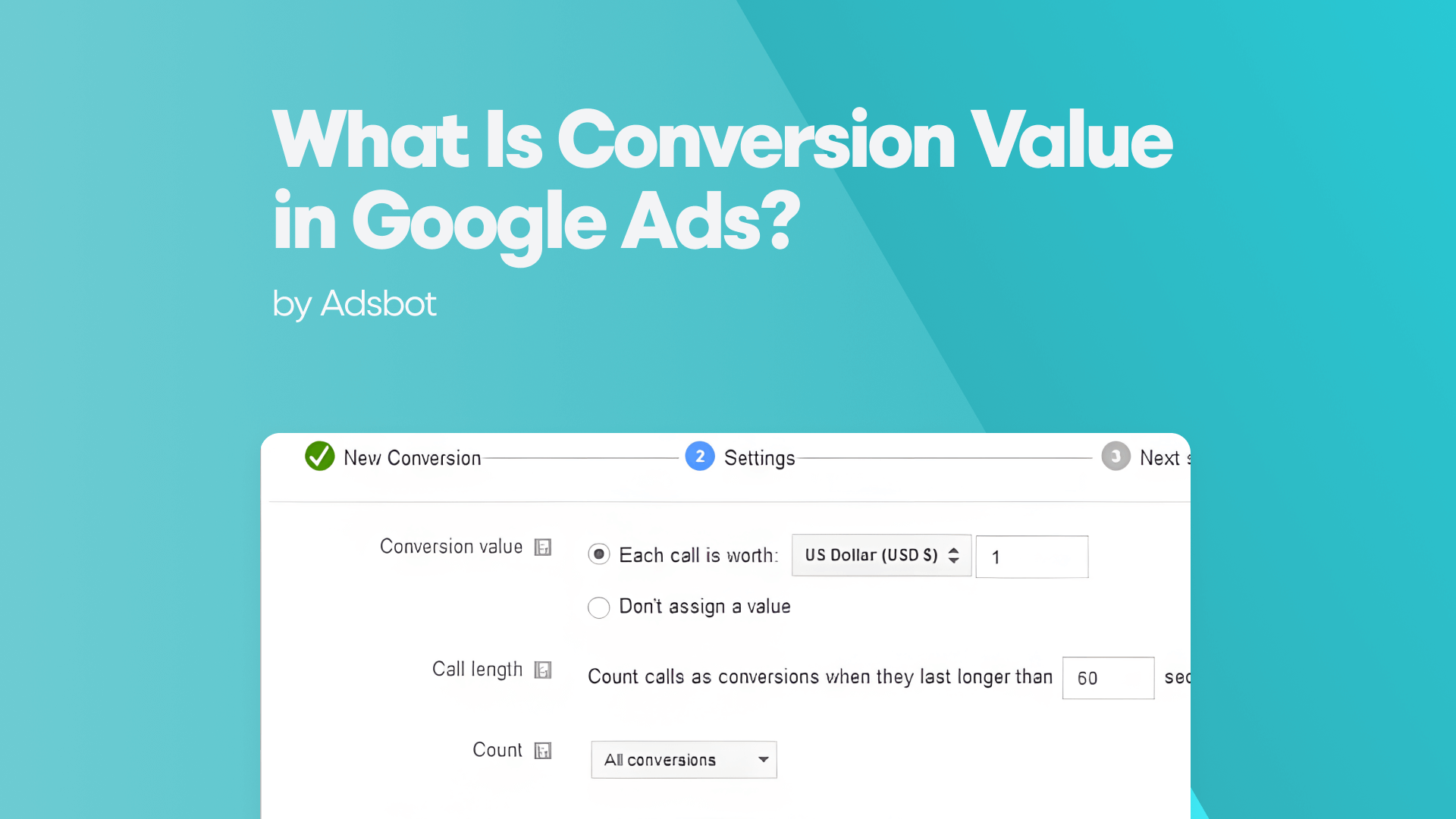Ad position is a crucial concept in the world of Google Ads. It refers to the placement of an ad on a search engine results page (SERP) when a user performs a search. Understanding Google Ads position is essential for advertisers aiming to improve their visibility and drive traffic to their websites. In this guide, we’ll break down ad position, how it works, and the factors that influence the placement of ads on Google.
What is Ad Position?
Ad position refers to the rank at which your ad appears in relation to other ads on the search results page. When a user searches for a query that triggers your ad, Google assigns a position to your ad based on several factors. Typically, these positions are numbered, with position 1 being at the very top of the page, followed by subsequent positions below.
In simpler terms, ads position is a reflection of where your ad appears in comparison to your competitors’ ads. The higher your ad position, the more likely it is that users will click on your ad, especially if it’s in the top 3 positions, which are the most visible spots on the page.
How Does Google Ad Position Work?
In Google Ads, your ad position is not determined solely by your bid. Instead, it is based on an auction system that factors in several elements to determine where your ad will appear. When a user conducts a search, Google’s system runs an auction to decide which ads will show up and in which order. The auction considers your bid amount, the quality of your ad, and other factors like relevance and user experience.
Google’s algorithm aims to provide users with the most relevant ads, so it doesn’t just reward high bids. Ads that are highly relevant to the search query, have good landing page experience, and meet Google’s quality standards are more likely to secure a higher Google Ads position. This system helps ensure users see the most useful ads rather than just the highest bidder.
What Affects Ad Position?
Several factors influence ad position in Google Ads. These include:
- Bid Amount: The higher your bid, the more likely your ad will be shown in a higher position. However, simply bidding more doesn’t guarantee a top spot.
- Ad Quality: Google evaluates the quality of your ad, including the relevance of your keywords, ad copy, and the quality of your landing page. A well-crafted, relevant ad with a good landing page experience can improve your ad position.
- Expected Impact of Extensions: Google rewards ads that use ad extensions, like site links, callouts, and structured snippets. These extensions make your ad more informative and engaging, helping to increase your ad’s position.
- Landing Page Experience: Google assesses the quality of your landing page, including how relevant and user-friendly it is. A better landing page experience can help improve your ad position.
- Ad Rank: This is Google’s formula for determining ad placement, which takes into account your bid amount, quality score, and expected impact of ad extensions and landing page experience.
How is an Ad Position Determined?
Ad position in Google Ads is determined through a combination of factors. Here’s an example to clarify how Google decides where to place your ad:
Let’s say you’re running a Google Ads campaign for a “best running shoes” search query, and you’re competing against three other advertisers. Your ad rank, which is a combination of your bid and ad quality, plays a key role in determining your position.
- Bid Amount: You set a maximum bid of $5 per click.
- Ad Quality: Your ad has a high-quality score because your keywords are highly relevant, your ad copy is compelling, and your landing page is user-friendly and relevant to the search.
- Competitors’ Bids and Quality Scores: Your competitors might be bidding $4, $6, and $3, but their ad quality scores vary.
Even though your bid is $5, your high ad quality score could push your ad higher than competitors who are bidding more. If your competitors have lower-quality ads or less relevant landing pages, your ad might take the top position even with a slightly lower bid.
In this example, your ad could secure the top spot despite competitors bidding higher because of your superior ad quality and landing page experience. This illustrates how ad position in Google Ads is not solely about bidding higher but about providing a better, more relevant experience for users.
Which Advertiser is Awarded the Top Ad Position?
The advertiser who secures the top ad position is the one whose ad has the highest Ad Rank. This is a combination of several elements:
- Bid Amount: How much you’re willing to pay per click.
- Ad Quality and Relevance: This includes your quality score, which is influenced by the relevance of your keywords, ad copy, and landing page experience.
- Expected Impact of Extensions: Ads with more extensions (like site links, phone numbers, or reviews) are more likely to secure a higher position.
It’s important to note that an advertiser who has a lower bid but a higher quality score could win the top position over someone who bids more but has a less relevant ad.
Why Does Ad Position Matter?
Ad position in Google Ads is important because it directly impacts how visible your ad is to potential customers. Ads that appear at the top of the page are far more likely to be clicked, driving more traffic to your site. Additionally, a higher ad position can help build trust with users since ads that appear at the top are often perceived as more relevant or authoritative.
The placement of your ad also affects your cost-per-click (CPC). Ads in higher positions tend to have higher click-through rates, which can reduce your CPC over time as your quality score improves. As a result, securing a top ad position can lead to more conversions at a lower cost, making it an essential factor in optimizing your Google Ads campaigns.
Conclusion
Ad position in Google Ads plays a critical role in determining how visible your ad is and how much traffic it drives to your website. By understanding what influences ads position and how to optimize your ad quality, bid, and landing page experience, you can improve your Google Ads position and increase the effectiveness of your campaigns. Always focus on providing high-quality, relevant ads that align with users’ search intent to secure the best positions and maximize your return on investment.
Popular Posts
-
How Many Keywords Should Be In an Ad Group in Google Ads?
For the vast majority of modern campaigns, the ideal number…
Read more -
Google Ads Script for Dummies: An Introduction
Imagine you have an e-commerce website that sells licensed superhero…
Read more -
Google Ads Sitelink Character Limits
Your Google Ads are cutting off in the middle of…
Read more -
What Is Conversion Value in Google Ads?
What if you could put a price tag on every…
Read more
Register for our Free 14-day Trial now!
No credit card required, cancel anytime.






